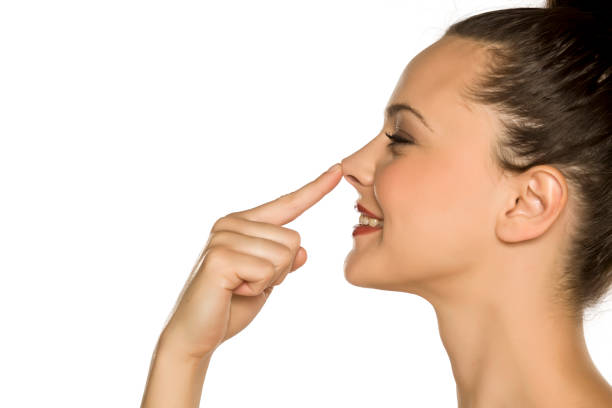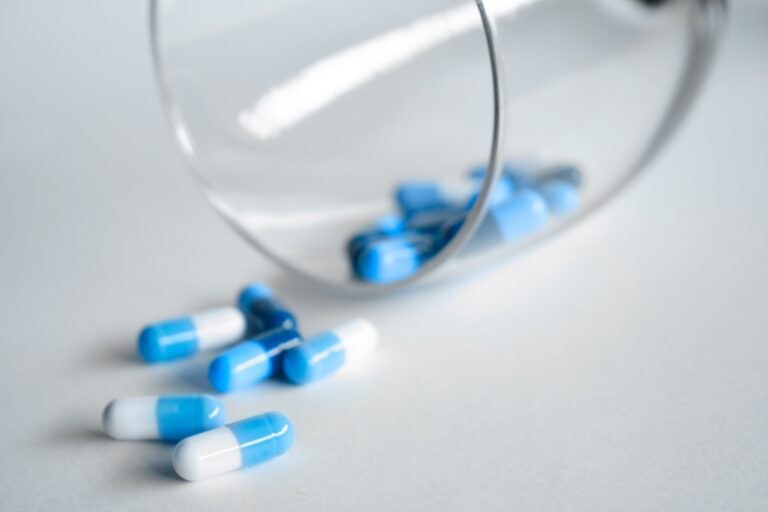If you’ve been dealing with acne for a while, you already know how frustrating it can be. One day your skin looks calm, the next day—boom, new breakouts. And in the middle of this struggle, blackheads only make things worse. So, it’s no surprise that many people wonder: Can a blackhead scrub actually reduce acne?
Great question—and yes, dermatologists have a lot to say about it. Let’s break it down in a simple and friendly way.
First Things First: What Exactly Are Blackheads?
Before we talk about scrubs, we need to understand what we’re fighting.
Blackheads are small, dark bumps that appear when your pores get clogged with oil, dirt, dead skin cells, and bacteria. When this mixture stays inside the pore and gets exposed to air, it oxidizes and turns black—hence the name “blackhead.”
Think of them as clogged pores that are halfway to becoming pimples.
Now here’s the key part:
Blackheads and acne are closely related.
If blackheads stay in the skin too long, they can turn into whiteheads, pimples, or even painful acne bumps.
So yes, removing blackheads can reduce acne—but how does a scrub help?
What Does a Blackhead Scrub Do?
A blackhead scrub is basically a gentle exfoliator that removes dead skin cells and deep cleans your pores. When used correctly, it can:
-
Unclog pores
-
Reduce excess oil
-
Remove dirt and bacteria
-
Prevent new blackheads from forming
-
Make skin smoother and brighter
By keeping your pores clean, you naturally reduce the chances of acne breakouts.
But remember—the magic only happens when you use it the right way.
Can a Blackhead Scrub Reduce Acne? Here’s What Experts Say
Dermatologists agree on one thing:
Blackhead scrubs can help reduce acne, but only as part of a balanced skincare routine.
Let’s look at their expert insights:
1. Scrubs Prevent Pore Blockage (Main Cause of Acne)
Acne forms when pores get clogged. A scrub prevents this buildup by clearing the dead skin layer on the surface.
If your pores stay clean, bacteria has less chance to grow—and fewer pimples form.
2. Exfoliation Helps Topical Acne Treatments Work Better
Ever wonder why your acne creams don’t always work?
It’s usually because dead skin blocks them from entering the pores.
Scrubbing helps remove that barrier, so ingredients like salicylic acid or benzoyl peroxide can actually reach deeper.
3. Blackhead Scrubs Help Control Excess Oil
Oily skin creates the perfect environment for acne.
A good scrub helps reduce oil production and keeps your face fresh.
Experts say this is especially helpful for people with:
-
Oily skin
-
Combination skin
-
Teen acne
-
Hormonal breakouts
4. But Overusing Scrubs Can Make Acne Worse
This is the part most people don’t know.
Scrubbing too much can:
-
Irritate your skin
-
Damage your skin barrier
-
Increase redness
-
Trigger more oil production
-
Lead to more acne
Dermatologists usually recommend using a blackhead scrub 1–2 times a week, not daily.
5. Not All Scrubs Are Good for Acne
Some scrubs contain harsh ingredients or rough particles that can scratch your skin.
This makes acne worse and causes inflammation.
What to avoid:
-
Apricot scrubs
-
Walnut shell scrubs
-
Anything with large, rough particles
These can create micro-tears on your skin.
What to look for instead:
-
Fine exfoliating beads
-
Activated charcoal
-
Salicylic acid
-
Glycolic acid
-
Gentle chemical exfoliants
The gentler the scrub, the better your skin will respond.
How to Use a Blackhead Scrub for Acne (Without Damaging Skin)
Using a scrub isn’t just about rubbing it on your face. There’s a right method that keeps your skin safe.
Here’s the dermatologist-approved way:
Step 1: Start With a Mild Cleanser
Always wash your face first. This removes surface dirt and allows the scrub to reach deeper.
Step 2: Apply the Scrub Gently
Don’t rub too hard!
Use gentle, circular motions for about 20–30 seconds.
Your scrub should glide on the skin—not feel like sandpaper.
Step 3: Rinse With Cool Water
This closes your pores and refreshes your skin.
Step 4: Follow With a Moisturizer
This step is important because scrubs can make your skin feel dry.
A good moisturizer helps restore your skin barrier.
Step 5: Apply Sunscreen During the Day
Scrubs increase skin sensitivity, so SPF is a must.
Who Should Use a Blackhead Scrub?
A blackhead scrub works best for people who have:
-
Blackheads
-
Whiteheads
-
Mild acne
-
Oily or combination skin
-
Dull or rough skin
If you have severe acne or sensitive skin, it’s better to talk to a dermatologist before using a scrub.
When a Blackhead Scrub Is Not Enough
Scrubs are helpful, but they’re not a magical cure for acne.
If you have:
-
Cystic acne
-
Painful, deep pimples
-
Continuous breakouts
-
Acne scars
Then you’ll need additional treatments like:
-
Salicylic acid face wash
-
Retinoid creams
-
Benzoyl peroxide
-
Niacinamide serum
-
Professional facials
-
Dermatologist treatments
A scrub can support your routine—but it won’t replace proper acne care treatment.
Final Verdict: Can a Blackhead Scrub Reduce Acne?
Yes—blackhead scrubs can help reduce acne, but only when used correctly and in moderation.
They work by:
-
Keeping pores clean
-
Reducing oil
-
Preventing blackheads
-
Improving product absorption
But remember not to over-exfoliate.
Less is more when it comes to your skin.
If you use a gentle scrub once or twice a week, follow it with moisturizer, and maintain a simple skincare routine, you’ll definitely notice fewer breakouts and smoother skin.



